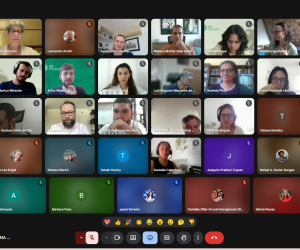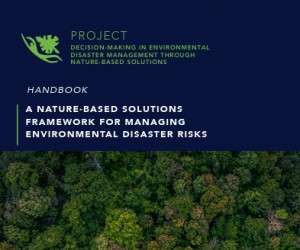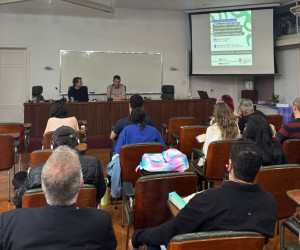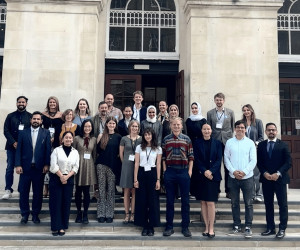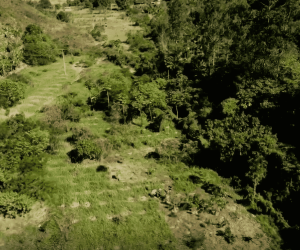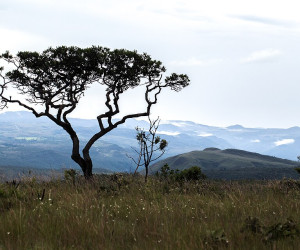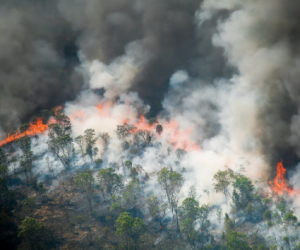Fire Risk Modeling for Large-Scale Restoration Initiatives in Brazil
The increasing frequency and intensity of forest fires, exacerbated by climate change and inappropriate land use, represents one of the main challenges to the survival of restored areas in Brazil. This threat compromises not only the provision of ecosystem services but also the stability of the voluntary carbon market, which depends on ensuring the integrity of restored areas over time.
Given this scenario, the International Institute for Sustainability (IIS), in partnership with the Climate and Society Institute (iCS), is developing the project “Fire Risk Modeling for Large-Scale Restoration Initiatives in Brazil.” The initiative seeks to improve and apply spatially refined predictive models, based on machine learning algorithms, to estimate fire risk in priority areas for restoration and strategic regions for the planted forest sector. The proposal is based on the integration of historical fire data, bioclimatic, and socioeconomic variables, considering the specificities of each Brazilian biome.
The project is aligned with the updated National Plan for Native Vegetation Recovery (Planaveg 2025–2028), providing technical support for defining strategies that ensure the long-term sustainability of restored areas. The methodology will be enhanced with higher-resolution data and validated in technical workshops with experts, tailored to the ecological, climatic, and socioeconomic conditions of each biogeographic region in Brazil. The analyses will also be adapted to the needs of different sectors interested in ecological restoration and emissions offsetting, contributing to greater security in decision-making and investment allocation.
The initiative will contribute to strengthening the resilience of restored landscapes to fire and climate change, supporting the effectiveness of public policies, the development of climate mitigation strategies, and the sustainability of restoration investments in Brazil.
Project Team: Luis Gustavo Oliveira, Viviane Dib, Helena Alves do Prado, Diogo Rocha, Renata Capelão, Clarice Braúna and Maiara Mendes.



